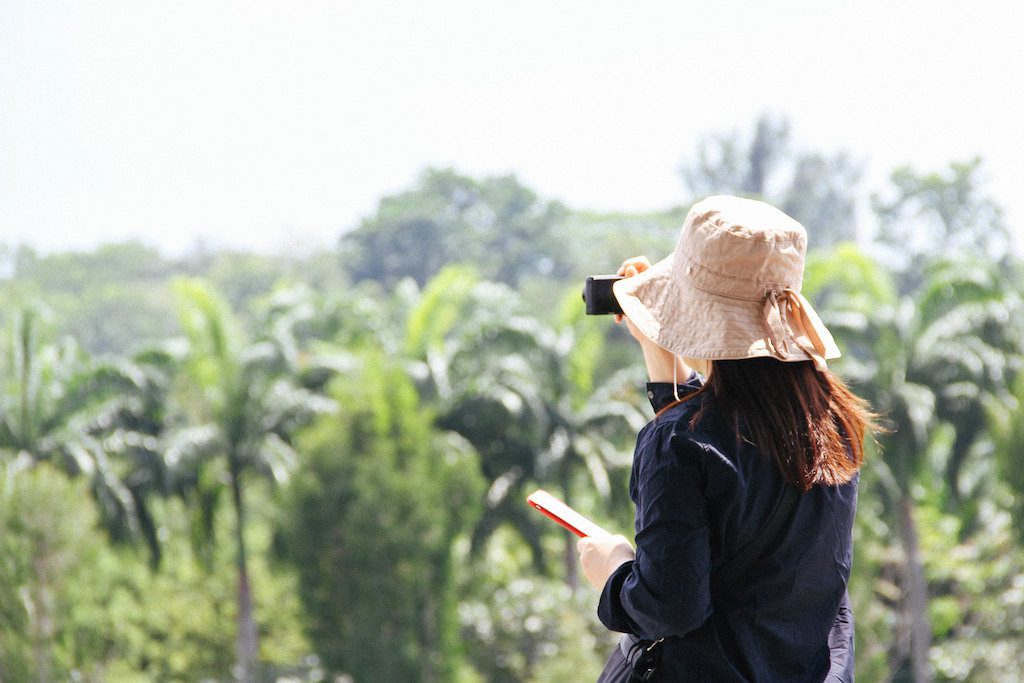Skift Take
New research has important info for employers who want to make sure their travelers stick around and don’t come to resent frequent work trips.
Business travel is filled with hassles and stress, whether it be airport security lines, long flights, or time away from family and friends. Meanwhile, bleisure is on the rise, as employees tack extra days onto their work trips to step away from the grind and explore new destinations.
Bleisure might actually be key to preventing travelers from burning out, and employers play a pivotal role in promoting this, suggests a new report from CWT. Across countries and age groups, travelers who reported that their workplaces were unsupportive of extending their trips for leisure were also more likely to say that the negatives of business travel outweighed the positives, especially when it came to their home life, according to the report.
“It’s important that we recognize the true value that travelers find in their travels and understand what provides the most positive benefits while on the road,” said Niklas Andréen, executive vice president and chief traveler experience officer at CWT.
Japan reported one of the highest rates of unhappiness with business travel, especially when it came to the impacts on travelers’ families, with nearly a third saying it had a negative impact on home life. They were also the most likely across all of Asia-Pacific to say that their workplaces were not supportive of extending business trips for leisure, and, unsurprisingly, were much less likely to mix business with leisure while traveling.
Across the region, travelers extended their trips an average of 2.3 times in a year and tacked on about 4.5 extra days. In Japan, however, travelers extended their trips only 1.7 times a year, for an average of about two extra days.
Meanwhile, travelers from India reported the most satisfaction with business travel. In turn, they reported more flexible employers — and more frequent bleisure trips.
Similar findings were replicated across both North America and Europe, with bleisure appearing central to reducing or balancing out negative experiences. Thirty percent of travelers from the UK and Belgium said work trips took a toll on their home life, and they also reported the highest rates of unsupportive employers across Europe.
Similar findings even extended to age, with baby boomers reporting more flexible employers than Generation X or millennials, and also more satisfaction with business travel. Meanwhile, millennials were the most likely to believe that the negative experiences of business travel outweighed the positives and also reported employers unsupportive of extending trips for leisure. This was compounded by the fact that millennials were also more likely to value bleisure than older generations and to expect it from their employers, the report stated.
That being said, bleisure is generally on the rise, and travelers overall reported more positive experiences throughout 2019 than they did in 2017, the last time CWT released the report. This falls in line with a growing trend in the corporate travel space of companies putting traveler experience first.
Overwhelmingly, the most common reason employees gave for enjoying business travel was the ability to explore a new location. In nearly every country, this was just as important or more important than perks like networking, establishing trust, or being able to expense meals and hotel stays.
In fact, respondents seemed to care much less about the money than the ability to step away from the stress, get to know the location in which they were staying, and appreciate some of the other aspects of business travel.
“Traveling to a new destination, meeting someone face-to-face for the first time, networking with people that can help you to advance your business as well as your career, and getting out of the work routine are some of the most exciting factors associated to business travel according to our findings,” said Andréen.
It goes further than just exploring a new location, however. Bleisure trips may even allow employees to bring along family members, particularly if they are extending their trip four or five days, perhaps accounting for part of the drop in negative impacts to employees’ home life. Plus once travelers return, families may find parents or spouses who are less agitated or exhausted, something with potentially wide-reaching benefits.
The Daily Newsletter
Our daily coverage of the global travel industry. Written by editors and analysts from across Skift’s brands.
Have a confidential tip for Skift? Get in touch
Tags: bleisure, corporate travel, ctir, cwt
Photo credit: A tourist in Singapore takes photos of the landscape. Adding leisure days to the back end of frequent business travel is proving to lessen the stress of corporate life. Cyria Gonzales / Flickr
